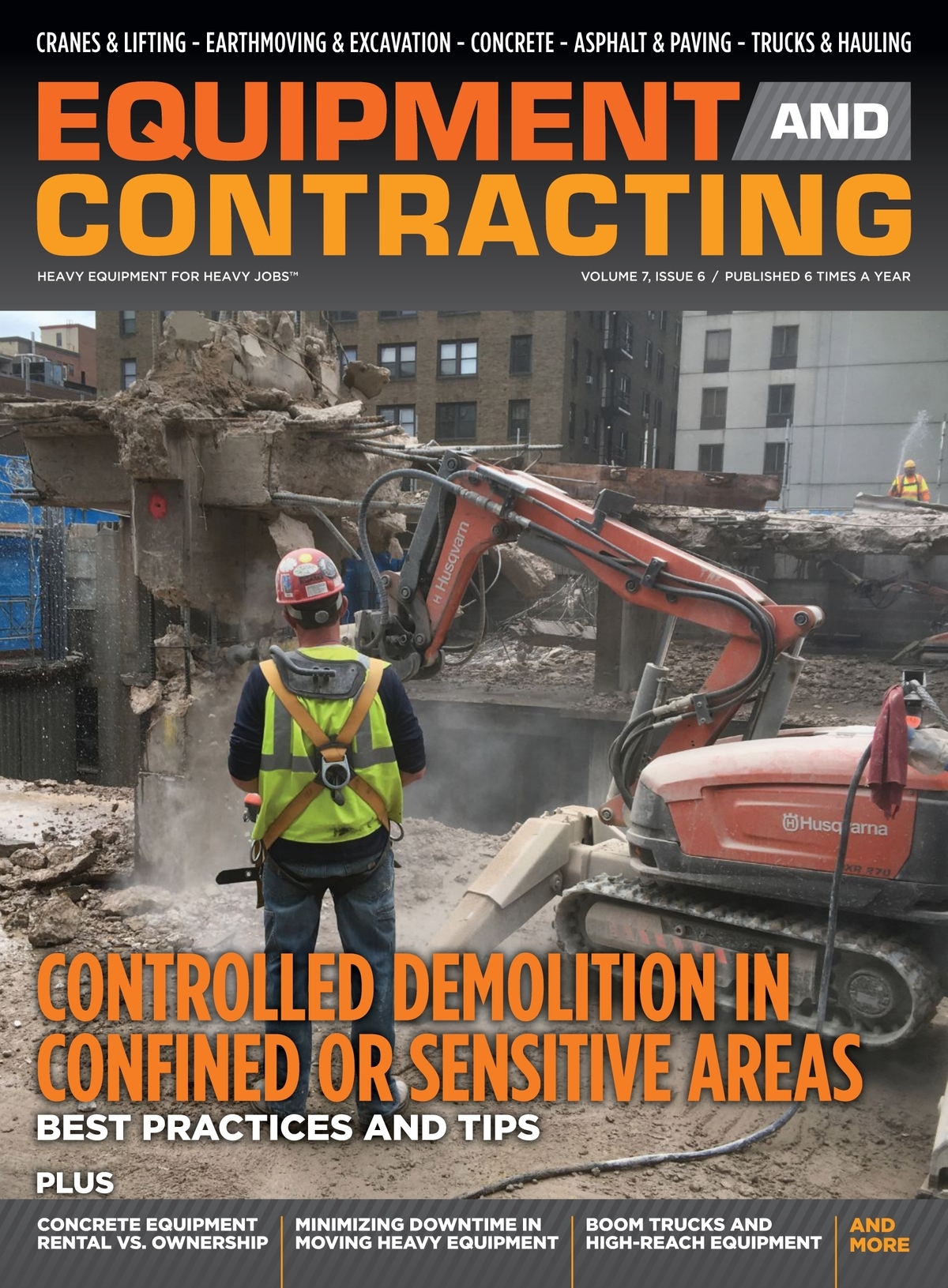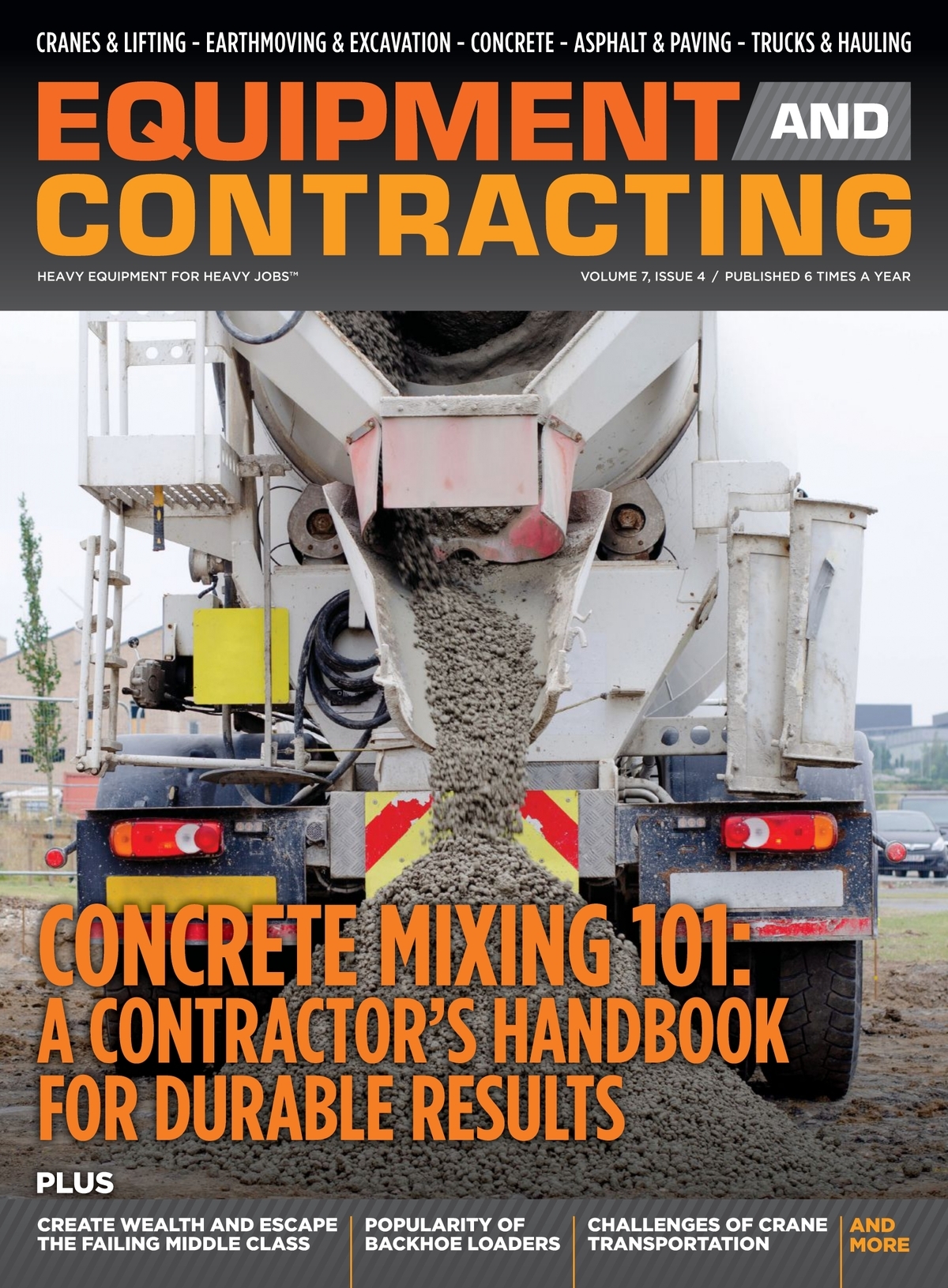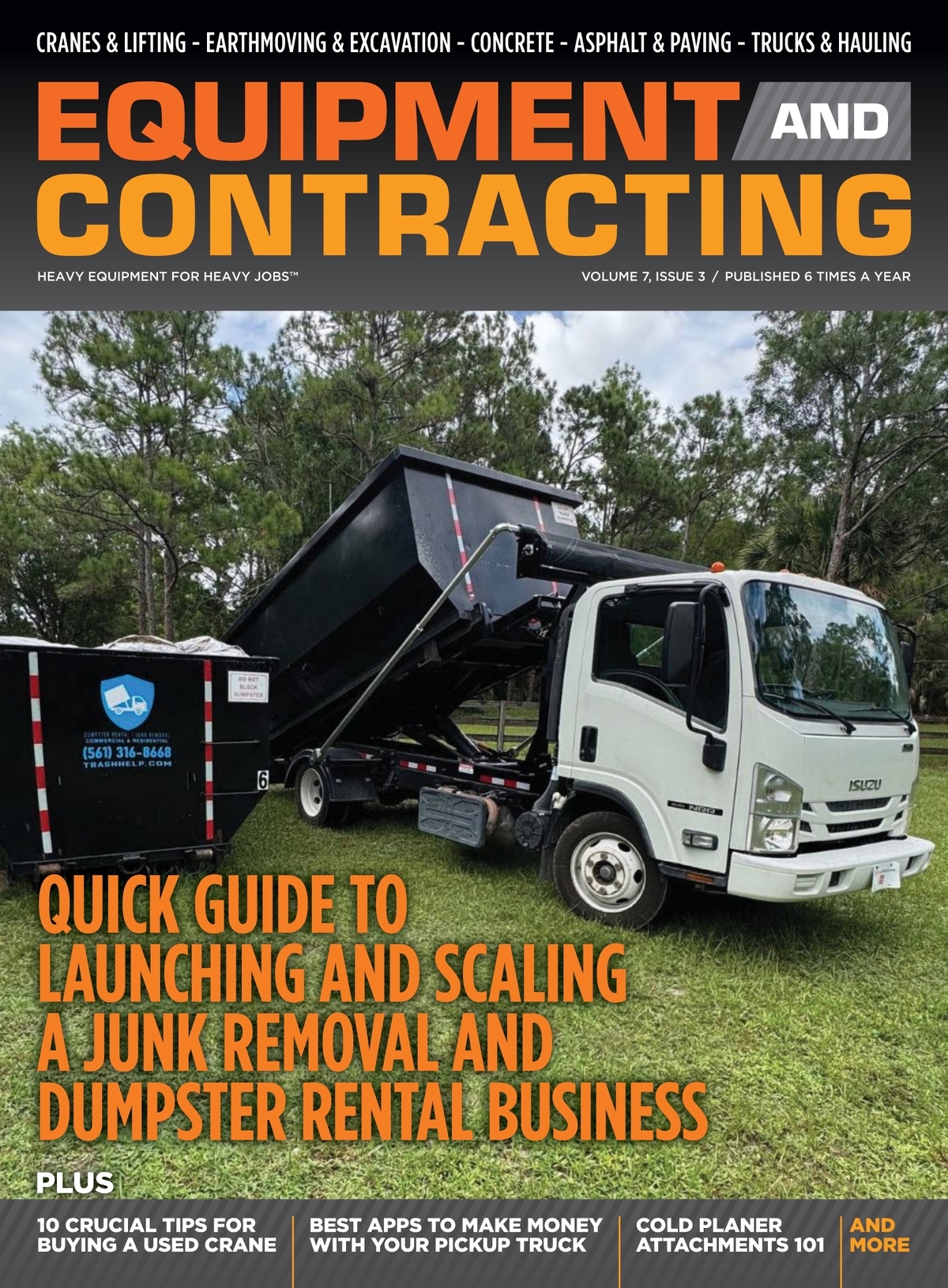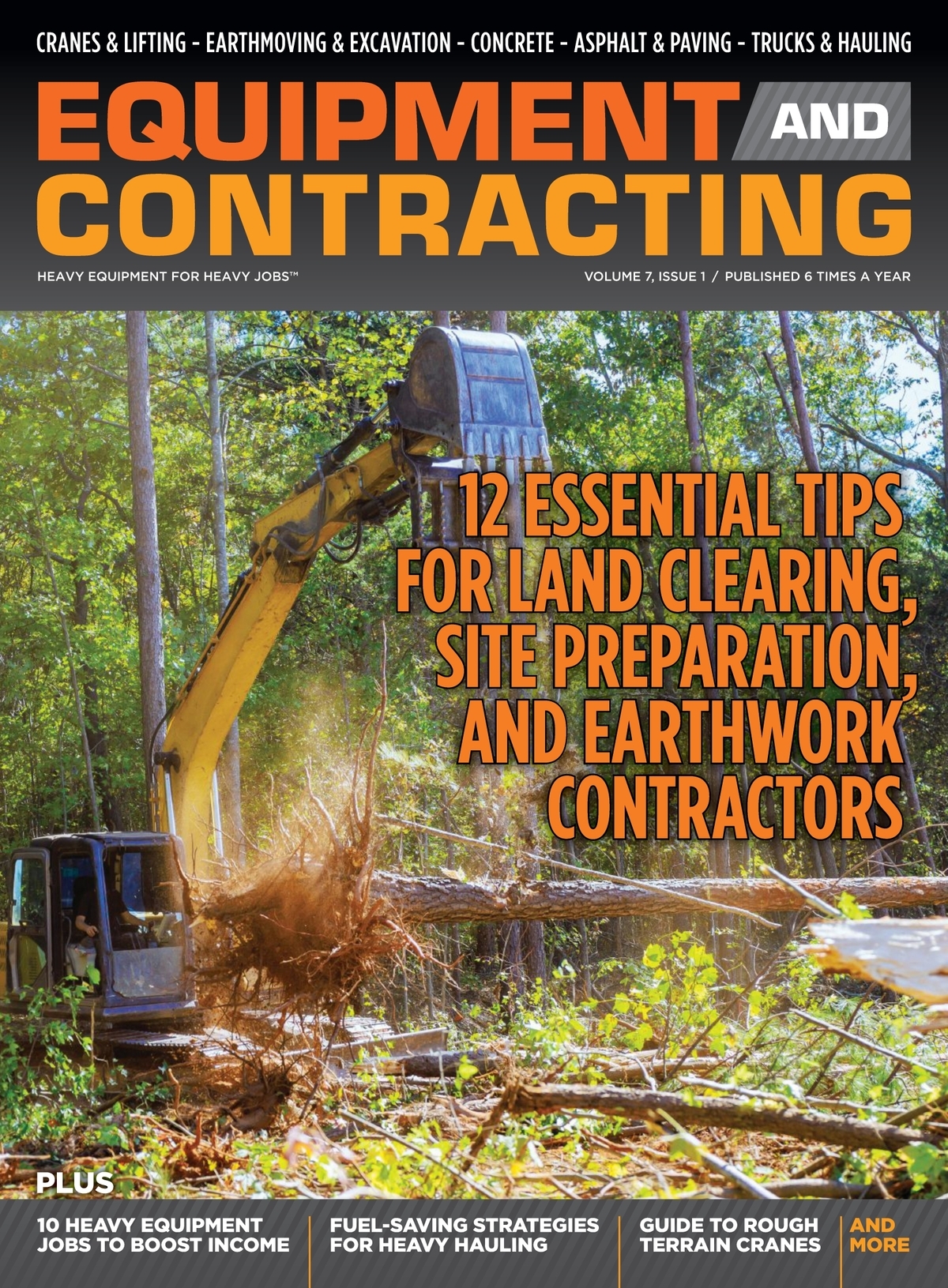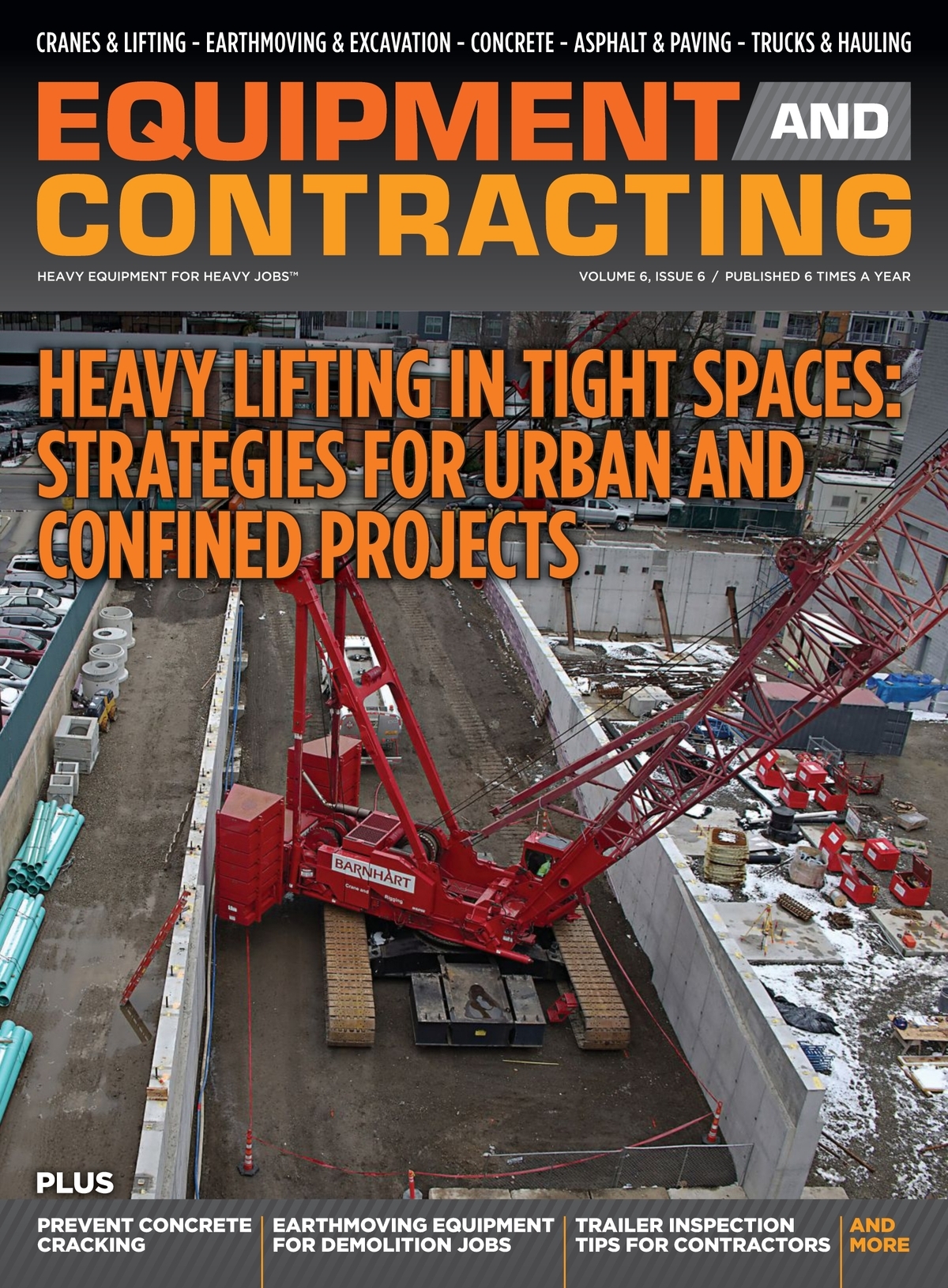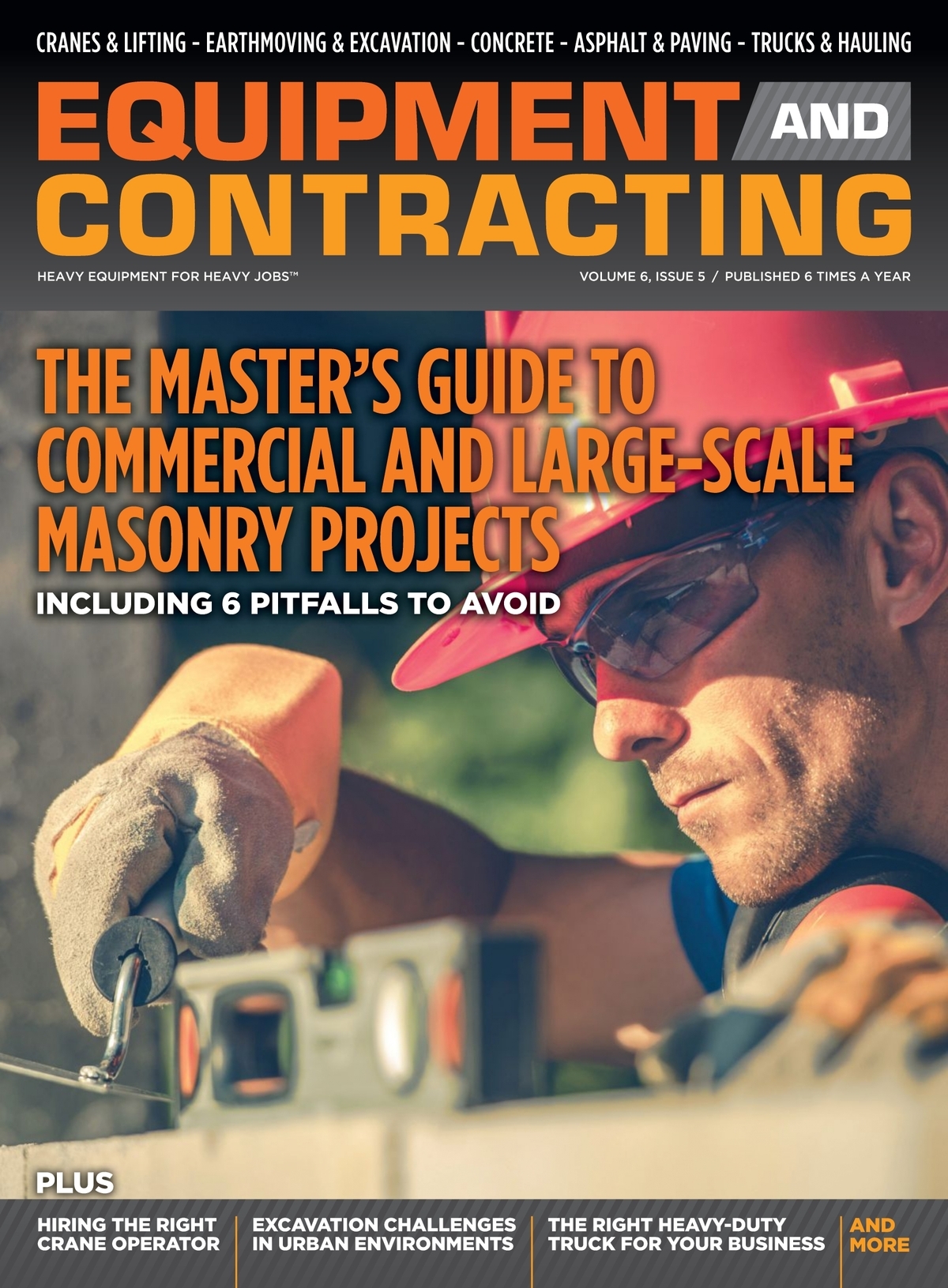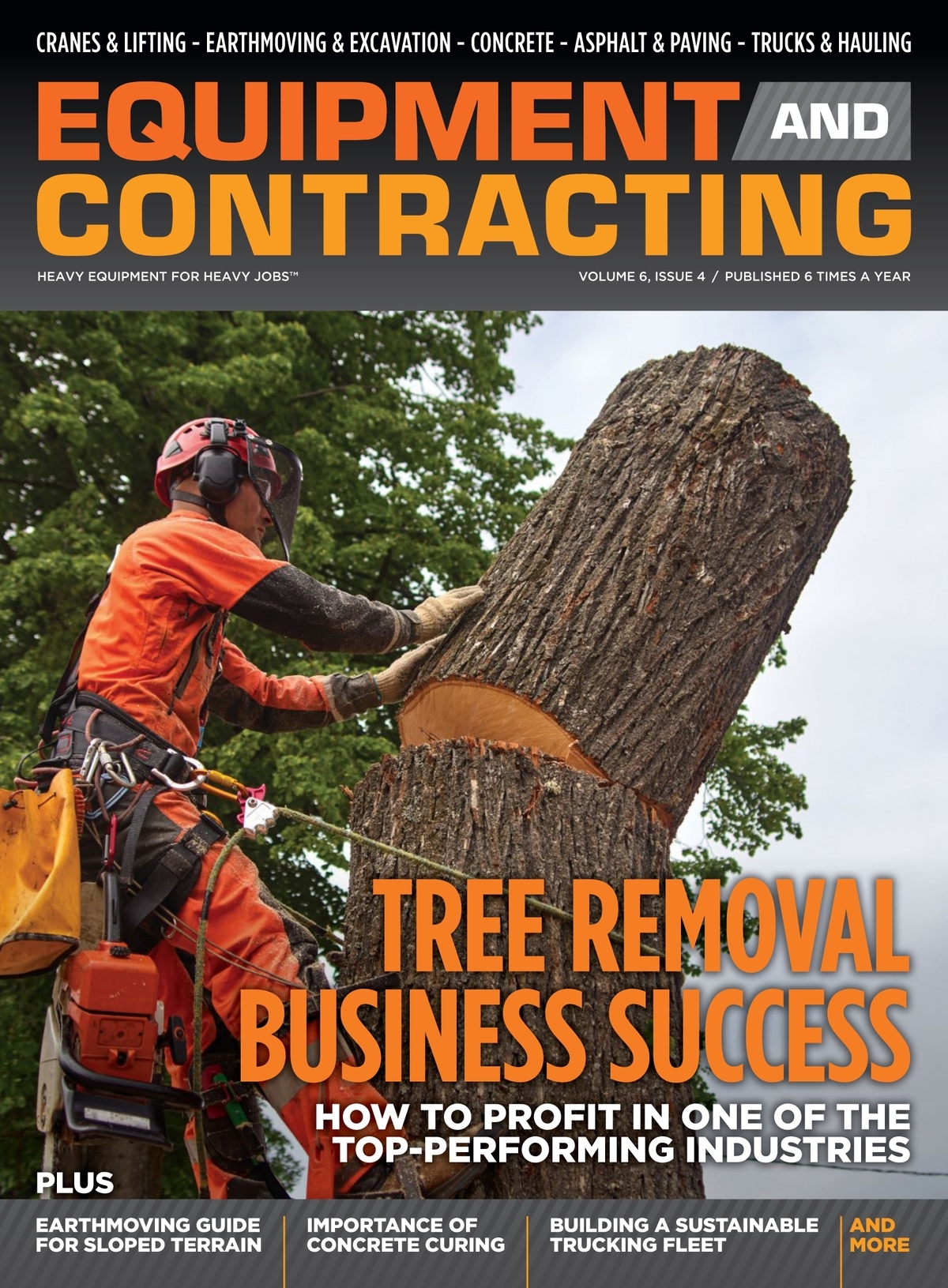
Air compressors power all sorts of tools and equipment that are pivotal to project completion. In this guide, we’re going to cover the various types of air compressors and their specific roles in construction applications—from operating small hand tools to supporting large machinery maintenance. We’re also going to explain how to select the right compressor for your needs, as well as the significance of maintenance and safety protocols.
Types of Air Compressors for Construction Projects
Air compressors are indispensable tools on construction projects, used to power all sorts of equipment. The type of compressor needed can vary greatly depending on the job requirements.
Piston air compressors are common and work well for intermittent use, making them suitable for tools that don’t run continuously—like nail guns, staple guns, and caulking guns.
Rotary screw compressors, on the other hand, are ideal for continuous use applications due to their ability to provide a steady air flow without significant downtime—such as sandblasters, air-operated jackhammers, and large pneumatic drills.
Portable air compressors are versatile and can be moved around the site as needed, providing flexibility in where and how tools are used—including pneumatic nail guns, impact wrenches, and spray guns.
MasterAire offers a variety of models in each category. Their rotary screw compressors, such as the 5 HP and 10 HP models, are particularly suited for construction projects due to their reliability and efficiency. These models can support the demanding environment of construction sites—ensuring that tools like pneumatic hammers, drills, and other equipment are powered consistently throughout the entire work day.
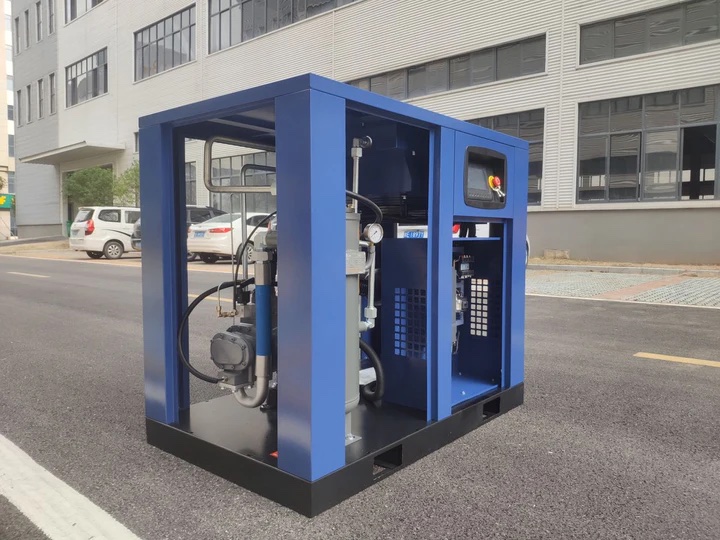
Construction Applications for Air Compressors
Pneumatic tools like jackhammers, drills, sanders, and nail guns are the workhorses of the construction industry, and they rely heavily on air compressors for their functionality.
Paint sprayers and finishing tools also require compressors to provide a smooth, even coat of paint or sealant.
For cleaning, air compressors are essential for operating equipment that removes debris and dust from work surfaces and machinery. These powerful blasts of air ensure that sites and equipment are kept clean, which is vital for safety and efficiency on the job.
Beyond powering tools, air compressors have a crucial support role in heavy equipment maintenance. They are used for tasks such as tire inflation and operating grease guns for lubrication, which are essential for keeping heavy machinery operational.
Selecting the Right Air Compressor for Construction Projects
Choosing the right air compressor is critical in maximizing efficiency on a construction site. The decision should be based on the power requirements of the pneumatic tools being used, considering factors like CFM (cubic feet per minute) and PSI (pounds per square inch) ratings.
Portability in air compressors allows for greater flexibility in managing construction workflows, especially when tasks span across different areas of a large site. Wheeled or towable compressors can be quickly relocated to where they are most needed, minimizing downtime and maximizing productivity by ensuring that power for pneumatic tools is always within reach.
The type of compressor—whether a single-stage, two-stage, rotary screw, or centrifugal—should align with the job’s demands, ensuring that the selected compressor delivers the right amount of power and pressure.
Best Practices for Operating Air Compressors
Adhering to safety protocols and maintenance routines is paramount when operating air compressors to ensure efficient and accident-free work environments.
It’s important to regularly check and replace air filters, maintain proper oil levels, and check hoses for wear-and-tear to prevent leaks and ensure optimal performance.
In addition, operators should always wear appropriate safety gear, follow manufacturer guidelines for operation, and ensure the compressor is turned off and pressure is relieved when performing maintenance—thus extending the lifespan of the equipment and safeguarding the workers.
Conclusion
The selection and use of air compressors in construction projects are crucial for both operational efficiency and the maintenance of equipment. With various types available—such as piston, rotary screw, and portable units—each serves a distinct purpose, from intermittent to continuous heavy-duty use. Safe operation and diligent maintenance are also key to maximizing the lifespan of these vital machines, ensuring that construction projects proceed smoothly and safely.
What safety accessories are essential for construction trucks?
Essential safety accessories for construction trucks include high-visibility tape, lighting, backup cameras, parking sensors, toolbox alarms, and locks to enhance visibility and secure valuable equipment.
How can truck bed enhancements improve construction contractors' efficiency?
Truck bed enhancements such as bed liners, tonneau covers, and truck caps protect against damage, provide security, and offer weather resistance, ensuring the longevity of tools and materials while enhancing overall efficiency.

